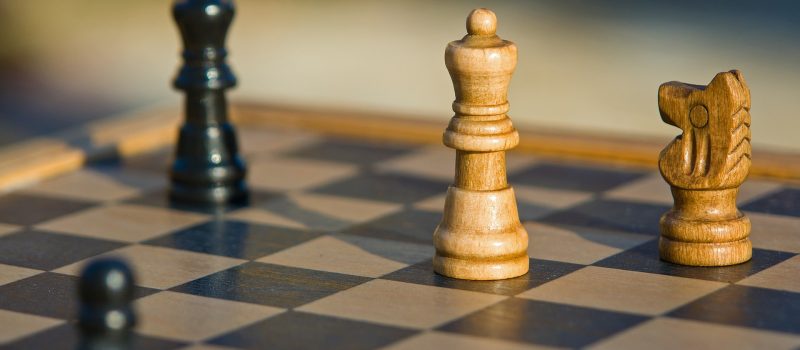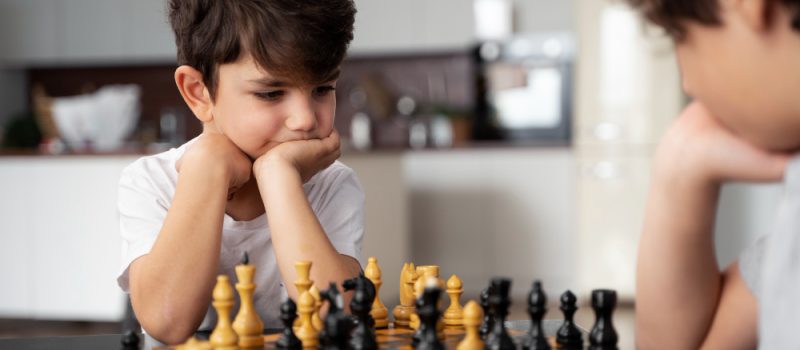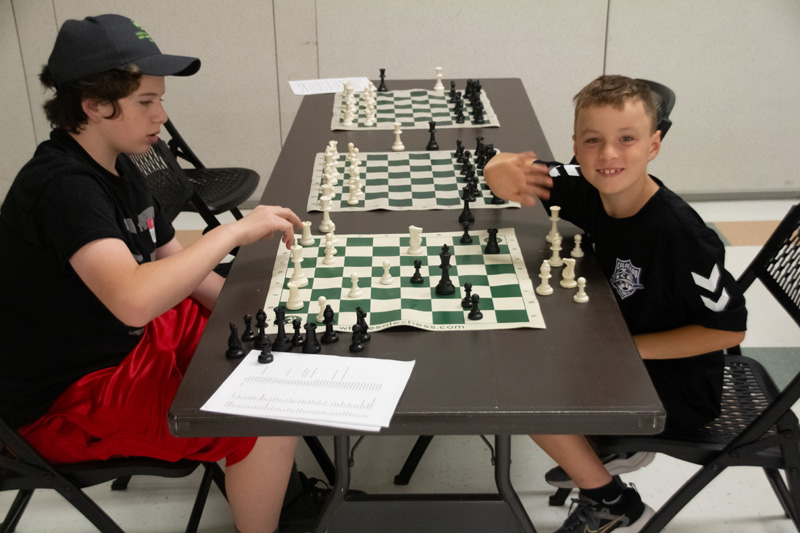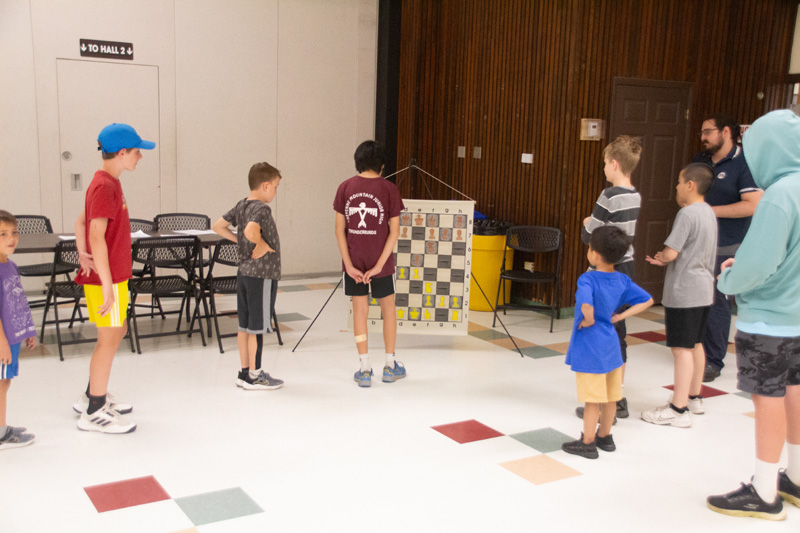
On September 21, 2023, the chess world lost one of its most beloved and influential figures, International Master Jeremy Silman. Silman was a prolific author, chess educator, and commentator. His books, such as How to Reassess Your Chess and The Amateur’s Mind, are considered classics and have helped millions of players improve their game.
Silman was born in Del Rio, Texas, in 1954. He learned to play chess at a young age but did not become serious about the game until his early twenties. In the mid-1970s, he moved to the Bay Area, where he flourished in the competitive chess scene. He earned his international master title in 1988 and reached his peak US Chess rating of 2593 in 1990.
Silman was a gifted player, but he was even more gifted as a teacher. His writing style was clear, concise, and engaging. He was able to explain complex chess concepts in a way that was easy to understand. His books are full of practical advice and exercises that can help players of all levels improve their game.
In addition to his writing, Silman was also a popular chess lecturer and commentator. He was known for his wit and his ability to make chess fun and accessible to everyone. He was also a strong advocate for chess education and worked tirelessly to promote the game to the next generation.
Silman’s impact on the chess world is immeasurable. His books have helped millions of players improve their game, and his teaching has inspired countless others to pursue chess. He was a true chess legend, and he will be deeply missed.
How Silman Impacted Chess Education
Silman had a profound impact on chess education in a number of ways. First, his books were some of the first to be written in a style that was accessible to players of all levels. He avoided using jargon and technical language, and he explained complex concepts in a clear and concise way.
Second, Silman’s books were full of practical advice and exercises that players could use to improve their game. He didn’t just teach theory and openings; he taught players how to think about the game and make better decisions.
Third, Silman was a strong advocate for chess education. He believed that chess was a valuable educational tool that could help children develop their problem-solving and critical thinking skills. He worked tirelessly to promote the game to schools and other organizations.
Silman’s impact on chess education is still felt today. His books are still widely read and used by players of all levels. His teaching methods have been adopted by many chess coaches and instructors. And his advocacy for chess education has helped to make the game more accessible to children and adults alike.
Silman’s Legacy
Silman left behind a rich legacy of chess education. His books, lectures, and commentary have helped millions of players improve their game and learn more about the game they love. He was a true chess legend, and he will be deeply missed.
Here are some specific examples of how Silman’s work has impacted chess education:
- His books are some of the most popular and widely used chess instructional books in the world.
- His teaching methods have been adopted by many chess coaches and instructors.
- His advocacy for chess education has helped to make the game more accessible to children and adults alike.
- His work has inspired countless people to pursue chess and to learn more about the game.
Silman’s impact on chess education is truly immeasurable. He was a pioneer in the field, and his work has helped to shape the way that chess is taught today. He will be remembered as one of the greatest chess educators of all time.












